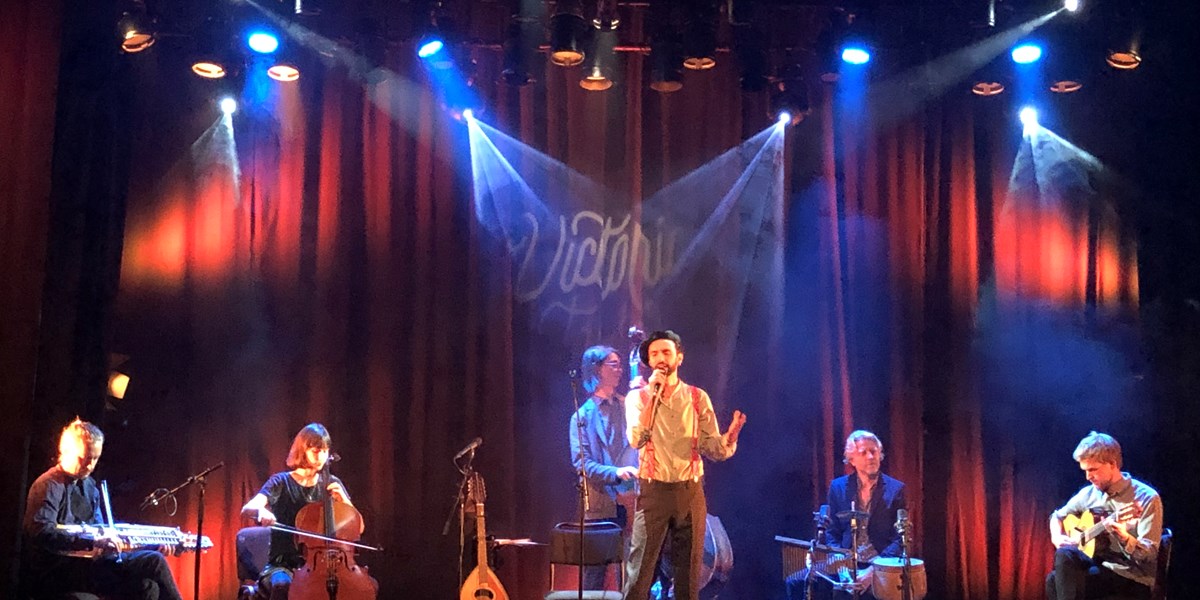Wednesday, September 22, 2021
Sevdalini's plaintive sevdah parables enchant at Swedish self-catering summit
Nostalgia and longing suffuse an impassioned night of bewitching Bosnian blues at Malmö's Viktoria Teatern

Sevdalini (photo by Nathaniel Handy)

Register now to continue reading

Thanks for visiting the Songlines website, your guide to an extraordinary world of music and culture. Sign up for a free account now to enjoy:
- Free access to 2 subscriber-only articles and album reviews every month
- Unlimited access to our news and awards pages
- Our regular email newsletters


